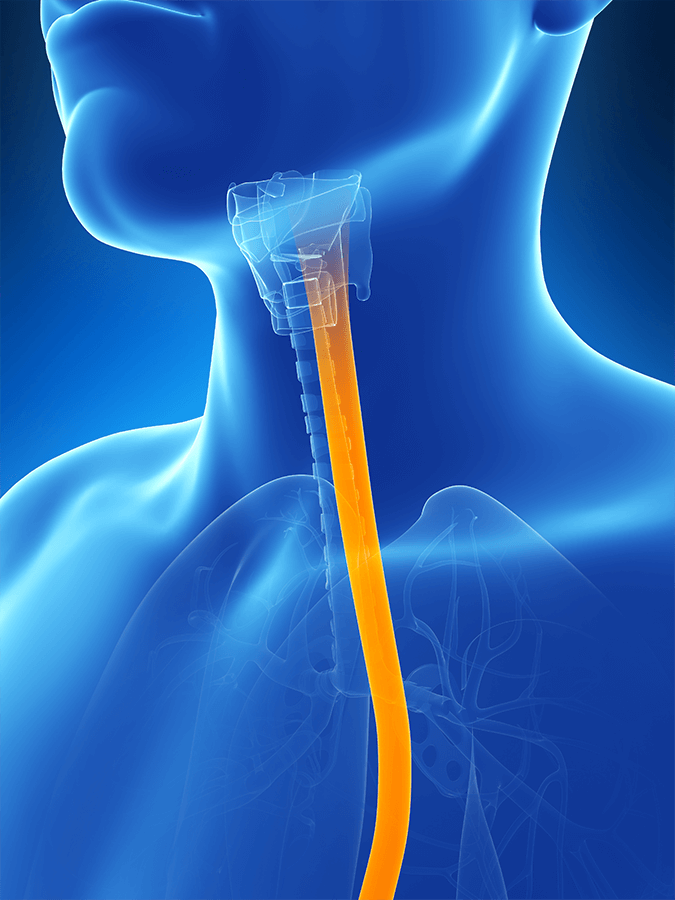What is esophageal dilation?
Esophageal dilation is a treatment in which your physician at Colorado Gastroenterology will enlarge (or spread out) a narrowed or clogged section of your esophagus. Esophageal dilation is generally done as an endoscopic procedure to address GI concerns that accompany the constricting (known as a stricture) of the esophagus.
Most frequently used is balloon dilation, when the balloon is implanted at the area of the stricture using the camera on an endoscope and is then enlarged to expand the esophagus. Esophageal dilation is not employed as a technique to heal any disorders or ailments, but as a alternative procedure to relieve symptoms. Therefore, you may need to obtain esophageal dilation therapy multiple times, contingent on the character of your problem. If you need esophageal dilation in Denver, CO, talk to our facility for more information.

Who are the candidates for esophageal dilation?
There are several different reasons an individual might benefit from esophageal dilation. Some of the usual conditions that many times result in an esophageal dilation procedure can include:
- GERD (chronic acid reflux)
- Chemical harm to the esophagus that causes swelling and constricting
- Esophageal cancer
- Eosinophilic esophagitis (EoE)
Get in touch with Colorado Gastroenterology to schedule a consultation with a GI specialist that can help in stretching your esophagus, so that you may get the relief you need.
What can I eat after esophageal dilation?
The majority of patients who obtain esophageal dilation in Denver, CO may go back to eating their regular diet after the therapy when any numbness recedes. Start by eating tender foods, such as bananas, eggs, and pudding, particularly if you still have trouble swallowing. Grind your food well before swallowing. Talk to your GI doctor at Colorado Gastroenterology regarding any concerns you may experience, and the food that is right for you.
Is esophageal dilation risky?
Difficulties are rare in our Denver, CO office when executed by specially skilled physicians; despite that, even when carried out correctly, the procedure can potentially cause complications. Such problems cover tearing of the esophagus lining, bleeding, and adverse response to anesthesia. Communicate with your GI doctor at Colorado Gastroenterology regarding any fears you have, and the special dangers of your disease.

